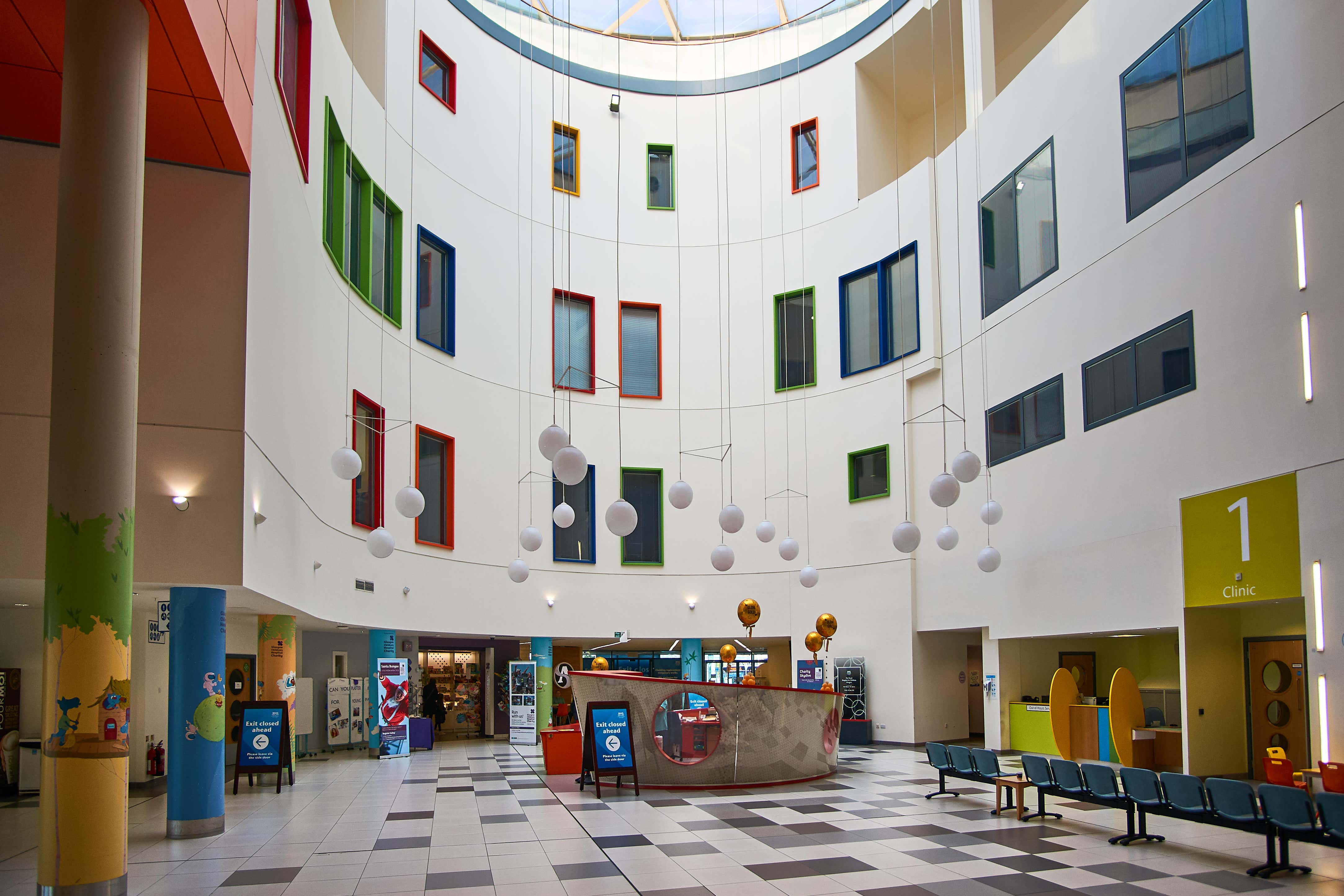Scottish Hospitals Inquiry: I never signed off children’s ward, says professor
Professor Brenda Gibson is giving evidence to the Scottish Hospitals Inquiry, as part of its probe into the Queen Elizabeth University Hospital.

Your support helps us to tell the story
From reproductive rights to climate change to Big Tech, The Independent is on the ground when the story is developing. Whether it's investigating the financials of Elon Musk's pro-Trump PAC or producing our latest documentary, 'The A Word', which shines a light on the American women fighting for reproductive rights, we know how important it is to parse out the facts from the messaging.
At such a critical moment in US history, we need reporters on the ground. Your donation allows us to keep sending journalists to speak to both sides of the story.
The Independent is trusted by Americans across the entire political spectrum. And unlike many other quality news outlets, we choose not to lock Americans out of our reporting and analysis with paywalls. We believe quality journalism should be available to everyone, paid for by those who can afford it.
Your support makes all the difference.One of Scotland’s leading doctors has said she did not sign off on plans for a children’s ward, telling an inquiry they were promised a like-for-like unit they never got.
Professor Brenda Gibson, a consultant paediatric haematologist, gave evidence to the Scottish Hospitals Inquiry on Monday, which is investigating a series of contamination issues at the £840 million Queen Elizabeth University Hospital in Glasgow.
Scottish ministers announced the inquiry in the wake of deaths linked to infections at the hospital, including that of 10-year-old Millie Main, who was being treated for cancer at the children’s hospital that is part of the same campus.
The inquiry is also examining problems that led to the delay in the opening of the new Royal Hospital for Children and Young People in Edinburgh.
Professor Gibson told Alister Duncan KC, the inquiry’s senior counsel, that she she did not sign off on plans because they had not got the hospital they were promised.
The professor, lead of the Schiehallion children’s cancer unit, told the £11 million inquiry that the responsibility for providing a safe environment for patients lies with the health board.
The unit had been based at Yorkhill in the city, and plans were drawn up for it to be moved. Prof Gibson said there had been “very limited consultation”.
“All that I remember we had as choices was there was a floor plan, and that was to be our space, and we were not to have any more space than that,” the inquiry heard.
We had been promised a like-for-like unit in a flagship hospital and it certainly wasn't a like-for-like unit
“We could do anything related to that space, but if it didn’t meet our needs, it couldn’t be extended. So we just had to make the most of that space and we opted to maximise the number of patient cubicles.”
It meant at the new hospital, she told the inquiry, they had to “sacrifice” much of what had been at the old unit in order to fit patients to avoid them being sent to other wards and, as a result lost office space, parent accommodation, a staff room, a seminar room, and pharmacy accommodation.
“I, as the lead, was asked to sign off the plan and I didn’t do it. Well, I didn’t do it to the best of my knowledge. I certainly held out for a very long time,” she said.
“I think it was signed off by a senior nurse, a managerial nurse. That’s my understanding.”
And, the inquiry heard: “We had been promised a like-for-like unit in a flagship hospital and it certainly wasn’t a like-for-like unit.”
Contamination issues have been linked with water quality and ventilation systems in the super-hospital, which opened in April 2015.
Prof Gibson told the hearing, which is being overseen by inquiry chairman Lord Brodie, she had no involvement with ventilation or water systems, and their involvement was “purely in deciding how we would allocate the space”.
During the hearing, Prof Gibson said it was the view of clinicians that they were “responsible for providing chemotherapy or any other form of care within national or international protocols or guidelines, and to do that with a well-trained workforce within a holistic manner”.
She added: “The responsibility for providing a safe environment for that treatment to be delivered lies, within our view, with the health board led by the chief executive.
“The responsibility for deciding is a place safe or not safe, lies with control of infection.”
Upon moving into the hospital, the inquiry heard, there were sewage leaks, cladding issues, and windows falling out.
The inquiry also heard there were issues with temperature, blinds, televisions not working, and also issues with the smell of a nearby sewage treatment works.
Prof Gibson is the lead clinician for the haematology and oncology service based in the Royal Hospital for Children in Glasgow.
The inquiry continues.